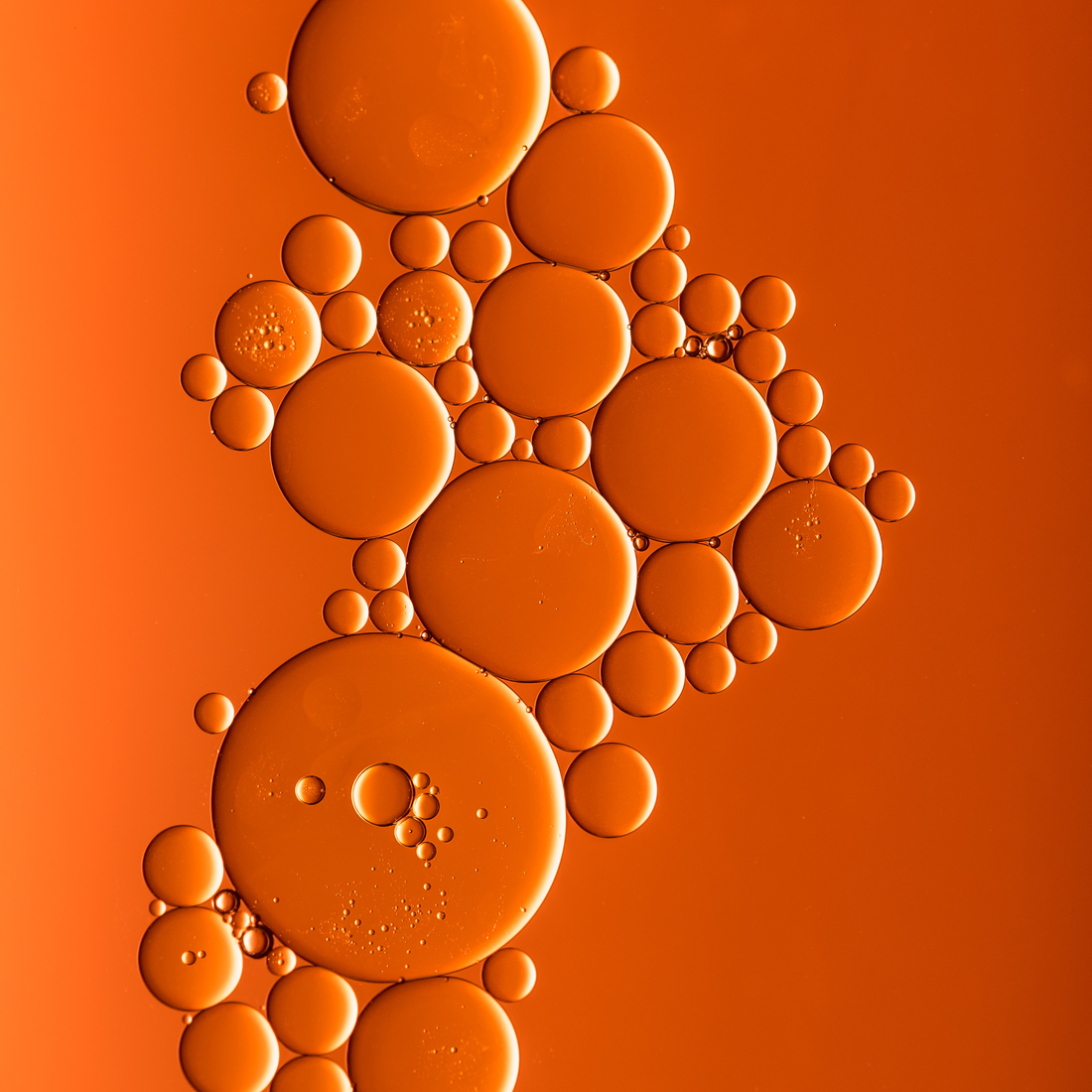
It's a little-known fact, but no bacteria, no pimples. And yes, if the skin is protected and isolated from the bacterial environment, then acne cannot occur. In practice, it is of course almost impossible to isolate your body from bacteria. But solutions exist to purify your epidermis.
Photo by Sharon Pittaway on Unsplash
Bacteria are everywhere. They are essential to our survival. But they are also the ones that can give us a bad fever or a cough that is difficult to eliminate. Antibiotics are the main weapon we have developed to get rid of them.
There are of course good and bad bacteria. By this we mean that some of them cause undesirable effects in us, however, according to studies carried out on the importance of the microbiota, particularly in the stomach, or on the skin for example, we could not survive without them.
In summary, they are small living organisms with which we coexist and which are important for our balance.
So what is the connection between bacteria and beauty? Well, certain bacteria are the cause of acne or certain skin manifestations. Controlling the presence of these unwanted bacteria on our skin therefore helps reduce acne, in theory.
Certain scientific studies have therefore looked into the question and the result is clear. After just a few hours of application, it is possible with a few drops of Thyme essential oil to eliminate 100% of bacteria in a solution containing Enterococcus faecium, for example.
The antibacterial effectiveness of essential oils varies greatly depending on the bacteria and the essential oil studied. Here is the list of essential oils which have demonstrated antibacterial power: thyme essential oil, tea tree essential oil (Melaleuca alternifolia), oregano essential oil, chamomile essential oil, palmarosa essential oil. , lemon myrtle essential oil, peppermint essential oil (Mentha piperita in high concentration), laurel berry essential oil, cinnamon essential oil (be careful with high concentration, it burns).
For bacteria more specific to acne, thyme essential oil is particularly effective, as well as rosewood, chamomile and myrtle essential oils.
As for the use of essential oils, do not hesitate to call a specialist. Indeed, some are photosensitive and can damage the skin in the sun. Others, depending on the concentration, can burn or mark the skin.
For safe use, do not hesitate to use oil-based cosmetic serums. They are 100% natural and do not require preservatives, because bacteria hardly develop in an oily environment. These serums contain concentrations of essential oils that are effective but not dangerous. Indeed, being classified in the category of cosmetic products, they are subject to numerous skin tests before being placed on the market and if there are precautions for use, such as, for example, avoiding their use for pregnant women or avoid the sun, you will find them on the packaging.
And finally, here is the anti-acne tip of the day. A natural remedy to combat blackheads caused by excess sebum is the use of tea tree essential oil. This essential oil is antibacterial and anti-inflammatory, making it effective in treating acne and skin blemishes. You can dilute a few drops of tea tree oil in coconut oil or rose water and then apply it to the affected areas with a cotton swab or your fingers. It is important not to apply the oil pure to the skin, as it can be irritating.
